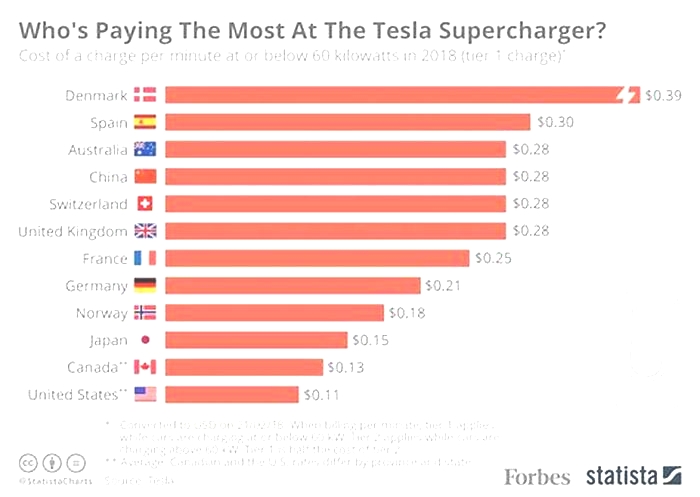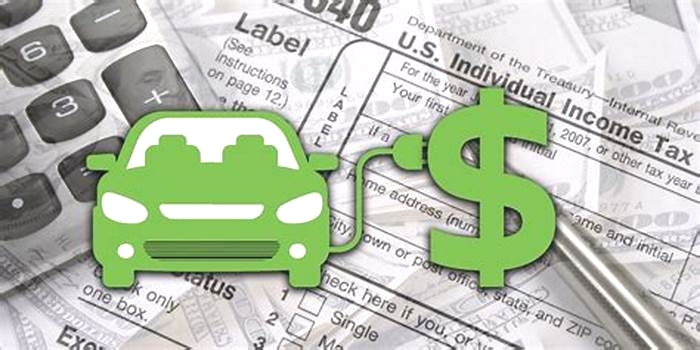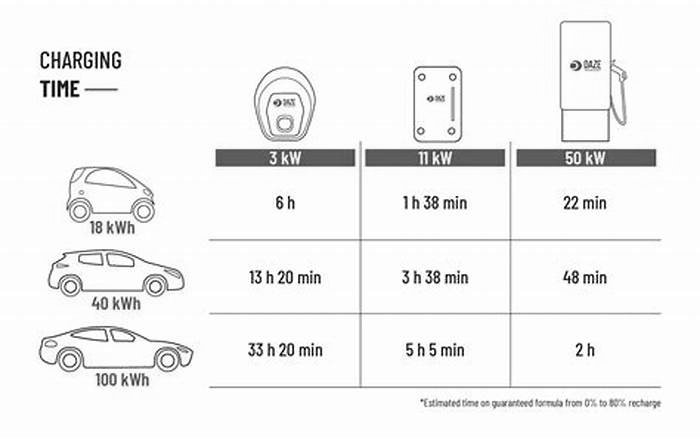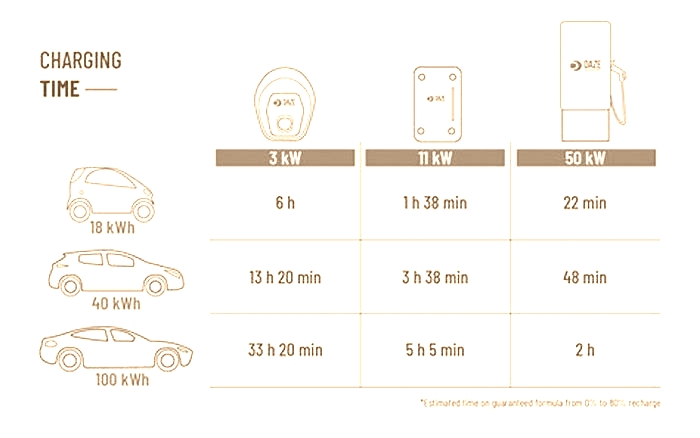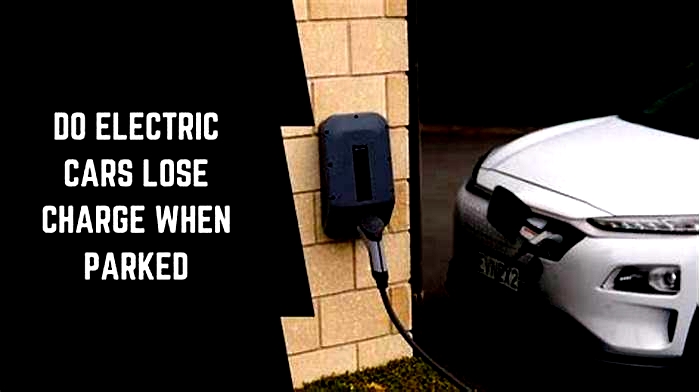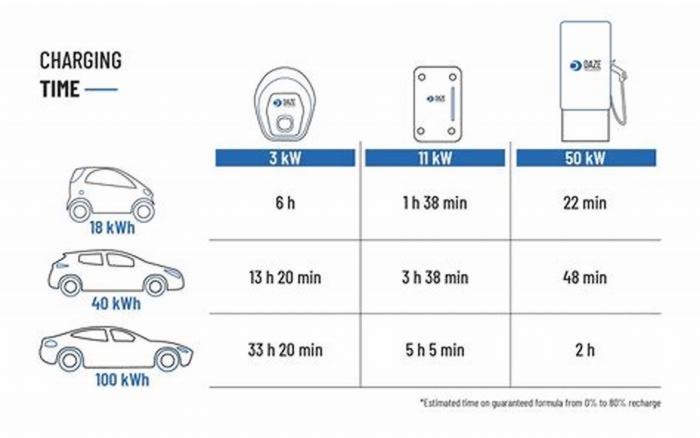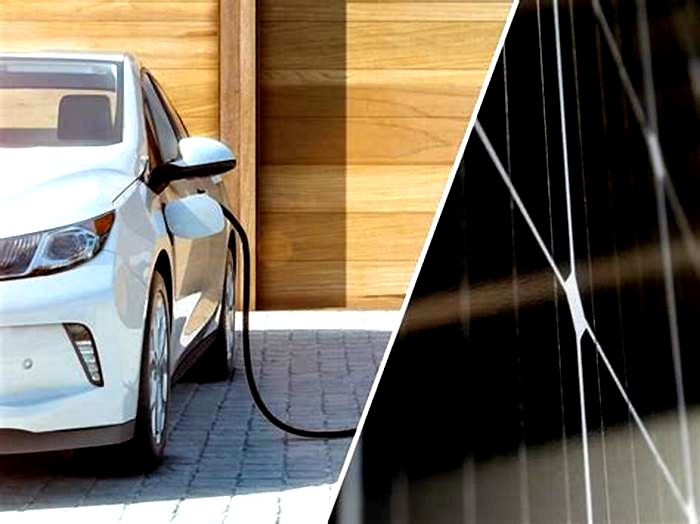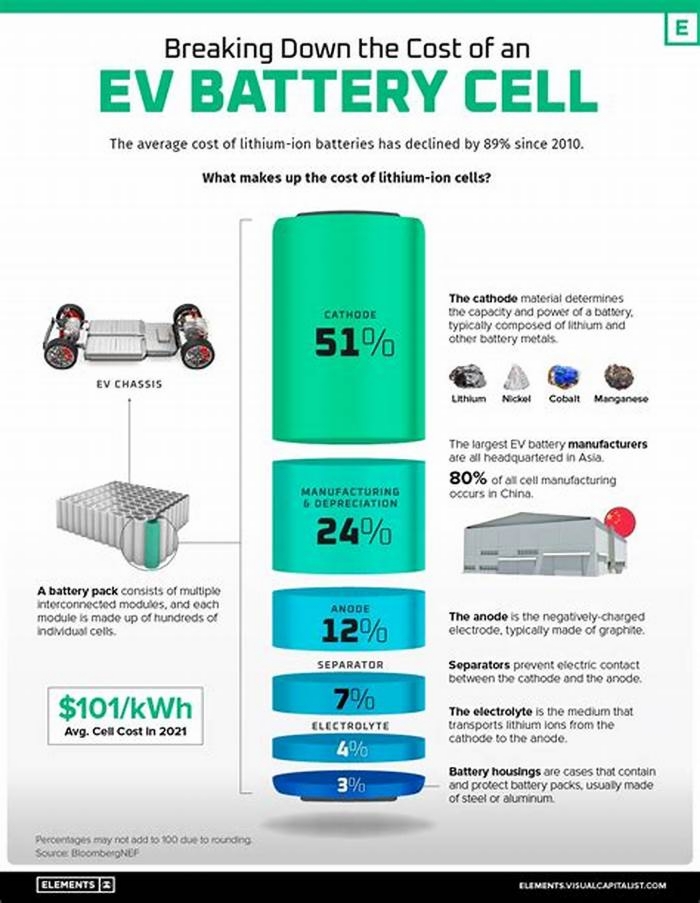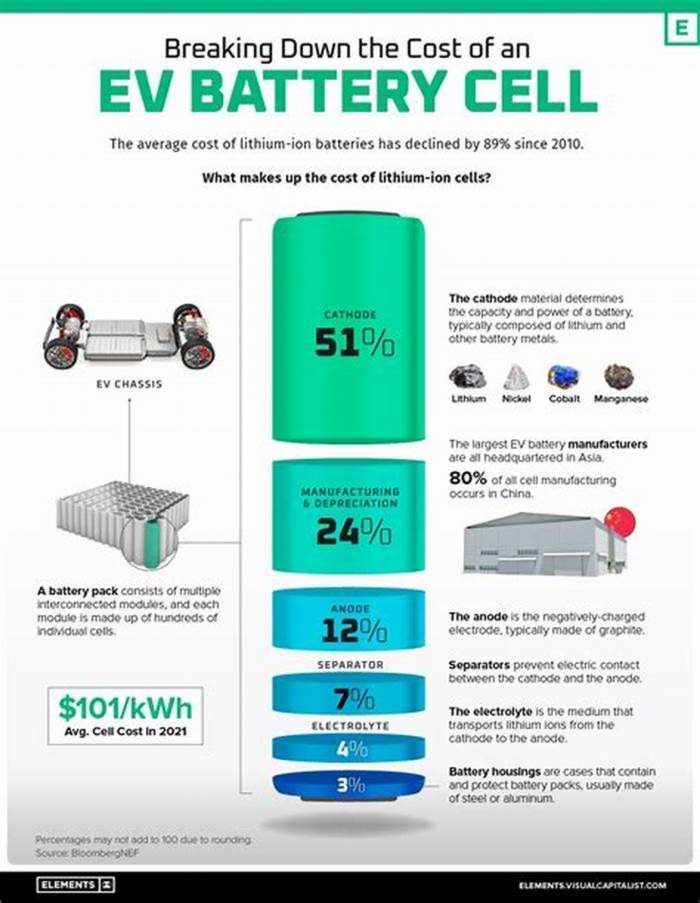How much does a full charge cost for an electric car
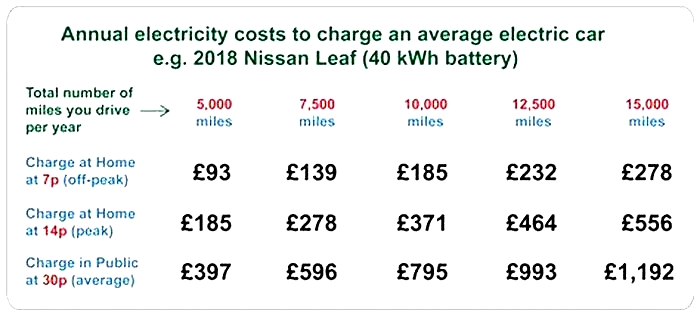
How Much Does it Cost to Charge an Electric Car?
If youre thinking about buying an electric car, one of the biggest challenges can be wrapping your head around how much youll pay to charge it. The calculations are much more complicated than for internal combustion engine (ICE) vehicles: instead of filling up at a gas pump and looking at a number, youll have to consider your home electrical bill, as well as your charging costs away from home.
The upshot, though, is that charging an electric car is likely to cost you significantly less than fueling an ICE vehicle, even though those savings may be harder to see. Heres a look at how much it costs to charge an electric vehicle in Canada today.

Charging at Home
When you own an EV, most of your charging happens at home by some estimates, an average of 80%. Its like having a gas station in your own driveway!
Owners of plug-in hybrids, which have a traditional gas-powered engine and an electric motor and a battery, can get away with using a household plug for their home charging needs, but if you choose a battery electric vehicle, youll find this is impractical. It can take several days to recover a charge to an electric car battery this way.
Youll therefore need to factor a Level 2 charger into your purchase plans, which runs off a 240-volt outlet and averages $1,500 to $3,000 or more depending on where you live and what upgrades may be required for your homes electrical system. Some provinces offer an incentive for this.
Once thats done, youll be ready to charge your EV at home. How much this will cost depends entirely on where you live and your provinces electrical rates. Here are a few examples.
Example Costs
In Ontario, electricity is billed in one of two ways: based on time of use, or through tiered rates where the price goes up after you use a set amount of electricity within a billing period.
An EV owner using Ontarios time of use plan who charges a vehicle between 7pm and 7am these are off-peak hours, when its cheaper to charge and electric car pays 8.2 cents per kilowatt-hour. According to Natural Resources Canada, a Ford Mustang Mach-E Extended Range AWD requires an average of 23.1 kWh to travel 100 km. To add 400 kilometres to its 446km battery, it would therefore require 92.4 kWh of electricity, which would cost $7.58 before taxes and fees. If that same driver is billed on Ontarios tiered program and is below their monthly threshold, the cost of electricity is 9.8 cents per kilowatt-hour, which brings the charging cost for the same session to $9.06 and would complete overnight.
In Quebec, the household electricity rate is 6.319 cents per kWh for the first 40 kWh used in a day, averaged over a monthly cycle. A Ford F-150 Lightning Extended Range averages 29.8 kWh/100 km, so adding 400km to its 515km battery would cost $7.53.
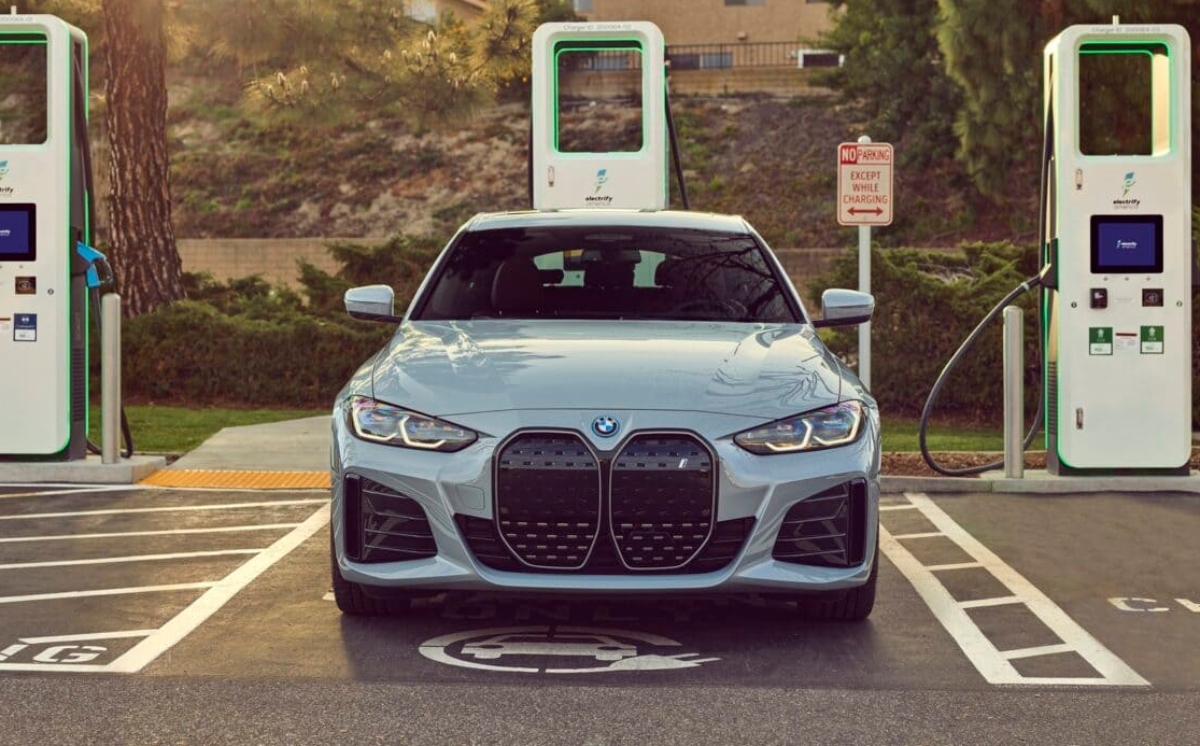
Public Charging
The other way youre likely to charge your EV is via public charging infrastructure. Many EV owners find convenient public chargers using NRCans charging locator or apps such as PlugShare.
Unfortunately, Canada does not yet allow electricity delivered at public charging stations to be priced as it is actually delivered. Youll therefore pay for the amount of time you spend at a public station, which can vary widely.
The same types of Level 2 EV chargers youll use at home can often be found in public spaces such as malls or parks. These charge at a similar rate, meaning theyre intended for drivers who will stay for a few hours. Sometimes, these stations offer free charging. In other cases, you may be charged a small fee, often roughly $1.00 per hour (so not far off what youd pay at home). However, because its still relatively slow, this isnt always convenient.
If you need to juice up faster, look for DC fast charging, also known as Level 3 charging. This is the EV equivalent of stopping at a gas station: you arrive with a nearly depleted battery and plug in to recover your charge relatively quickly, then you move on. Most EV drivers will spend 30 minutes to an hour at a Level 3 fast charger and will be billed for the time their cars are connected.
Not all Level 3 chargers are created equal. The Tesla supercharger network uses a proprietary system thats exclusive to Tesla vehicles (at least for now) and has outputs of 72 kW, 150 kW, or 250 kW. Most other public Level 3 chargers use universal EV connectors, such as CCS, which is the present-day standard, or CHAdeMO, an older style of connector that is becoming obsolete. Stations with these connectors range in output from 50 kW to as high as 350 kW, though most cars are not yet capable of accepting the highest speeds. The actual speed of delivery can be affected by external factors, most notably ambient temperature, because charging is less efficient when its very hot or very cold.
Level 3 EV charging is typically billed by the minute with prices ranging from 15 to 57 cents per minute depending on location, network, and station speed. As an example, a B.C. driver stopped at a Petro-Canada charging station will pay 0.27/minute. If the cars charge takes 45 minutes to go from 10 to 80 percent, the driver will pay $12.15 plus taxes (some networks may also charge fees). In most EVs, this charge time would add an average of 200 to 300 kilometres of range.

Don't be Caught by Idling Fees
To reduce premature battery wear, Level 3 charging stations slow down their charging rate once the battery reaches 80 percent. The relative cost per kWh therefore goes up the longer you leave your car on the charger. Dont forget most public stations will charge you an idling fee if you dont move your vehicle within a few minutes of reaching a full charge. Be sure to monitor your session so that you dont get hit with extra costs. Most major charging networks offer an app to make it easier to keep an eye on your charging session while youre away from the vehicle.

Conclusion
Theres no easy formula for determining the cost of charging an EV in Canada. It depends on the car you choose, where you live, and which type of charging you use most often.
For generalized figures, we can once again turn to Natural Resources Canada. According to NRCans 2022 Fuel Consumption Guide, the least expensive zero-emission battery electric vehicle to run is a Tesla Model 3 RWD, which costs $474 per year over a 20,000-kilometre average. The most expensive EV to charge is an Audi e-tron S Sportback quattro with 21 or 22-inch wheels, which has an average cost of $972 annually. Charging a Hyundai IONIQ 5 will carry an average price of $639 per year for a long-range AWD, while a Nissan Leaf SV Plus costs $600 annually on average and a Kia EV6 long range AWD would cost $597.
Even with fluctuating charging costs, thats still a far cry from the low of $1,240 (Mitsubishi Mirage) and high of $5,742 (Bugatti Chiron Pur Sport) NRCan lists for gas cars, while more fuel-efficient hybrids and plug-in hybrids fall somewhere between. Those fuel costs are based on gas prices of $1.00 per litre or $1.10/litre for premium fuel, while todays averages are significantly higher.
When you crunch your own numbers, you may find that the higher up-front cost for a battery electric vehicle is recovered within a few years through the savings youll see by using electricity instead of gas.
Related Topics:
Public EV charging cost calculator UK
How much to charge an electric car: Calculate EV charging costs & time
The Public Charging Calculator will help you find out how long it will take to charge your electric car at a slow, fast or rapid charger as well as the cost to charge your electric car.
Across the UK, the public network provides invaluable additional charging support to EV drivers, as well as the opportunity to extend journey distances. Together, UK public charging networks offer a mix of slow, fast, rapid and ultra-rapid charging options.
How much does it cost to charge an electric car on the public network?
When undertaking a longer journey in your electric car, or if you do not have access to home charging, then charging on the public network will be essential.
Prepare for your electric journeys by using the Public Charging Calculator to find out how long it will take to charge your EV at a slow, fast or rapid charger. If you know the charge point tariff, you will also be able to calculate how much it is to charge an electric car, ensuring that you are well informed before using the public charging network in the UK.
To find more information on how to use the Public Charging Calculator, use our EV charging cost calculatorGuide.
The tool defaults to the weighted average price to charge on the public network, this is calculated and updated quarterly on our Zapmap Price Index.
How much does it cost to charge an electric vehicle at a charging station?
The cost of using a public charger depends on the charge point network, the power rating and speed of charge as well as the location of the charge point. Some charge points are free, for example at supermarkets if you make a qualifying purchase, so its always good to check before you head out to one.
One of the more expensive options for public charging are rapid charge points that are typically found at motorway service stations. This is because they offer a faster charge (average charge time to 80% is around 20-40 minutes) and because of their convenient location when youre making longer journeys.
When thinking about public chargers, its important to look at what sort of subscription or pay as you go services are available for them and which nearby chargers they can be used on. For example, some of the major public charging networks include:
Polar.
GeniePoint.
Ecotricity.
Shell Recharge.
ChargeYourCar.
E.ON Drive.
BP Pulse.
If you need help knowing which charging schemes relate to which charging points, then Zap-Map can help you with this.
Cost of Charging an Electric Car
Do electric cars increase your electric bill?
If you switch from a diesel or petrol to an electric car and start charging at home, youll inevitably see an increase in your electricity bill - simply because youre using more energy than before to charge your EV. At the same time, youll be making savings as you no longer need to fill your tank at the petrol station. Your cars fuel cost becomes part of your electricity bill.
Is it cheaper to charge an electric car at home or a charging station?
Its generally cheaper to charge your electric car at home than at a charging station. The average cost for home charging is 32p per kWh and 48p per kWh for a public charging station.
When it comes to home charging, you can leverage comparison sites and switch providers to get the best rate, keeping your per kWh price low. You wont find much of a price difference in comparable public chargers, so shopping around for a cheaper public charger can sometimes be more effort than its worth.
How Much Does it Cost to Charge an Electric Car in Ireland ?
Cost of Charging an Electric Car at Home
The cost of charging an electric car at home will typically cost significantly less than using public charging points.
For example someone with a day/night meter, charging a car at home overnight will pay about 18.87c per kwh That would work out at about 3.11 for a 100km drive. (based on the average energy consumption of VW ID4).
On a normal 24-hour electric meter unit rates are about 35.83c per kwh. Therefore a charge to do 100km would cost about 5.88.
Smart Tariffs
Since smart meters have been introduced there are several smart tariffs available now. Some of these smart tariffs have a few hours of very low off-peak electricity rates aimed at people who charge electric vehicles at home. For example Energia charges just 8.15c per Kwh from 2 am to 6 am on their Smart Drive plan. This will bring the cost of charging an EV right down if you make sure you set a timer to charge during the cheapest rates.Based on a rate of 8.15c a charge to do 100km would cost about 1.34.This is about seven times cheaper than using petrol.
Some of the public charging points will cost as much as 11.39 for the same charge.
How Long Does it Take to Charge an EV at Home?
Depending on your EVs battery size, it can take a few hours to fully charge your battery at home.If you have the most common type of home charger, they usually provide around 7 kW and you will typically get about 38 km for every hour the car is on charge. (Based on VW Id4). Using the lower rate from 2am to 6am (4 hours) would give you enough charge for about 100 miles or 160km .
Figures are correct as of March 2024
Cost estimates based on VW ID 4 52Kwh
More information here on The Price of Home Chargers for Electric Cars in Ireland
ESB Public Car Charging Network Prices
Electric cars can be charged on ESBs nationwide network of publicly accessible charge points. They are located in various places all over Ireland such as on-street, motorway service stations, shopping centres and car parks.
There are currently three types of charging stations on the ESB ecars network:
- Standard AC (up to 22kW)
- Fast Chargers ( up to 50kW)
- High Power (upto 150Kwh)
Standard chargers (up to 22kwH) could take anything from an hour to 7 hours to charge a car to 80% , depending on the type of car and battery size.For example a 2016 Nissan LEAF can only take 3.6kW speeds from these points which equates to around 30km of driving per hour of charging. However, some cars such as the Tesla Model S and the Renault Zoe can take the full 22kW, enough to cover 150km in an hour of charging in most cases.These type of chargers are typically found on streets or in car parks.
Fast (or rapid) chargers (up to 50kwh) are generally found in motorway service stations. These charging points can charge a car up to 80% in approximately 30 minutes depending on car type and battery size.
High Power Charge Hubs with a power output up to 150kwh . These are located on motorways and national road sites. These hubs can charge between two and eight vehicles simultaneously and can provide up to 100 km of electric driving range in as little as six minutes.
EasyGo Car Charging Pricing
Easygo were Irelands first private EV Charging Company. Many of their charge points are located in shopping centre car parks.
Part of a partnership with Irish telecoms company Eir, the multimillion-euro plan will see telephone kiosks across the country being repurposed as Tritium EV chargers to help with Irelands transition to electric vehicles.
If an Easygo charge Point is owned by Easygo , the fees are listed below. (figures may not be up to date)
- 1. All DC and AC Chargers : 27c connection fee and a rate of 50c per kWh of use (inc VAT)
- 2. There is also a 35c per minute overstay parking fee at some charging points when you have been charging for more than 45 Minutes.
Ionity Charge Points
Ionity only has a small number of charge points mainly on motorways.The IONITY chargers are equipped to charge at speeds up to 350kW. Ionity Pricing : Ionity charge 73c / kWh which is a lot more than the others. However , if you sign up with one of their Mobility Service Providers (MSP) you will pay a discounted rate. eg- (Audi e-tron ; Mercedes.Me.Charge ; BMW ChargeNow ; Porsche Charging Service; Volkswagen W) .Most of these seem to involve a monthly fee and a reduced charging rate. For example 17.99 per month and then a 0.53 per kWh fee.
Comparison of Electric Car Charging Prices in Ireland.
(Based on 100km drive in a VW ID 4 52kwh
Figures checked March 2024
| Type Of Charger | AV Price per Kwh | Fuel Cost to Drive100km |
|---|---|---|
| Home Charger(Smart EV Tariff) | 8.15c | 1.34 |
| Home Charge(Night Rate) | 18.97c | 3.11 |
| Home Charge(Standard Rates) | 35.83c | 5.88 |
| ESB StandardCharger PAYG | 56.3c | 9.23 |
| ESB Fast ChargerPAYG | 64.72c | 10.61 |
| ESB High PowerPAYG | 68.2c | 11.18 |
| Average Petrol Car | 6l per 100k(@ 1.70 per litre) | 10.20 |
Variation in EV Electricity Consumption
It is important to know that electricity consumption figures for an EV can vary quite a lot depending on the driving conditions and the weather.For example : For the VW Id4 we have used a consumption figure of 167 Wh/km (as used by the SEAI).In cold weather , at higher speeds and with heaters on, usage could rise to as much as 260 Wh/Km.Driving 100km at this usage would cost 5.33 using a home charger on night rates .
In milder weather and at lower speeds , usage could be as low as 124 Wh/km. This would bring the cost of 100km down to 2.54 based on night rate home charging.
ESB How to Charge Your Electric Car
More Information about Electric Cars in Ireland
Switch and Save on Electricity Bills

